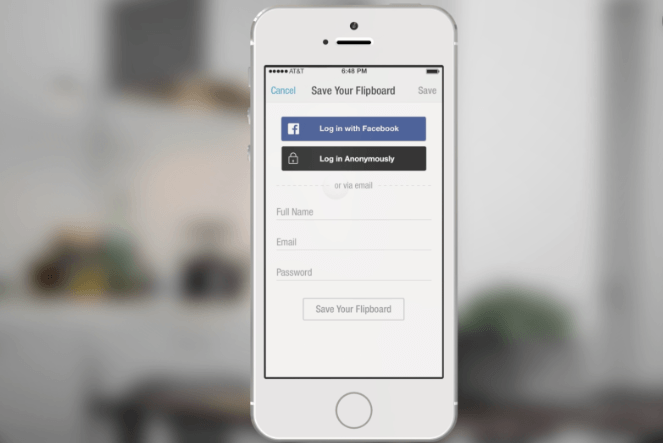Log in with Facebook;- There is this new rule you might have heard over and over on the internet about login with the Facebook account into a third-party site.
The rule is – Never use Login with Facebook login Option from a third-party site or Apps.

What was the problem?
It all started when Facebook got hacked by hackers and 90 million users were victimized. After this incidence happen many users were now after knowing why it happened and what happened to the data of the potentially 90 million users affected. More so, is the unprecedented access to users’ data by Facebook across over 8 million websites – through a quick lure of Login With Facebook offer. It’s safe to believe that the rest 2 billion Facebook users’ data are at risk.
To fully comprehend the risk of using the Login with Facebook option and why it’s a bad idea to practice, we will discuss the hidden fact not known by many social profile users.
Facebook Advertising Platform Empowerment through users Data
Often you hear people call Facebook a social media channel. The hidden fact there is that name social media Apps or channels don’t depict a business model or name. To identify Facebook with its business model or name it will be safe to think of Facebook as the second-largest data-collection and advertising agency in the history of mankind.
Why?
The reason is not farfetched…
According to Facebook annual income report in 2017, 98% of Facebook’s global revenue was generated through advertising.
This was done by the collection of data of every single registered user on their platform. The more alarming is the fact they don’t limit the data collection to registered users. They go the extra mile to collecting the data of the friends of the users who don’t even have a Facebook account. That phone number you gave Facebook to help secure your account? The company used it to serve you and your friend’s ads. The list of data points they collect is practically endless. So, the user data they collect is for empowering their advertising platform.
So shocking but you might be surprised that with the data Facebook have in their database about you. It’s not assumed laughable to think that Facebook knows you more than you even know yourself.
Facebook partnership with Third-Party Services
Facebook connects its user with third-party services like Airbnb, Spotify, and Uber, etc. very doubting to see services and big brand today that isn’t connected to Facebook. Many of these third-party services don’t need to buy your information from Facebook as that is needless. All that’s required is to make you access or login to their website through Facebook.
Though you are convinced that users are the ones that benefit most by using the Facebook login option in a third-party site. But that’s not true.
Here’s is how it works…
Using Facebook as a way to manage logins for third-party accounts is beneficial to all parties: Users get an easy, one-click login, services get new, verified users without the responsibility of securing login data, and Facebook gets access to the user data associated with those services.
However, recently it appeared to all the dangers of using Facebook as a way to manage logins as a result of attacked or hack Facebook went through.
Though it’s unclear what information was stolen during the hack, of course, much doubt if the hack`ers intention was to steal users’ information. However, a paper published by computer scientist Jason Polakis in August 2018 analyzed the different ways hackers could exploit Login With Facebook, as well as other types of social logins (e.g. signing in with Google) to infiltrate third-party accounts. For more risk of login through Facebook into a third-party site read the paper.
All we can tell you as a means of safety is to use a different email address for Facebook other than the one you used for other services to eliminate this risk.
Social Media: Facebook, Twitter, Wikipedia, LinkedIn, Pinterest